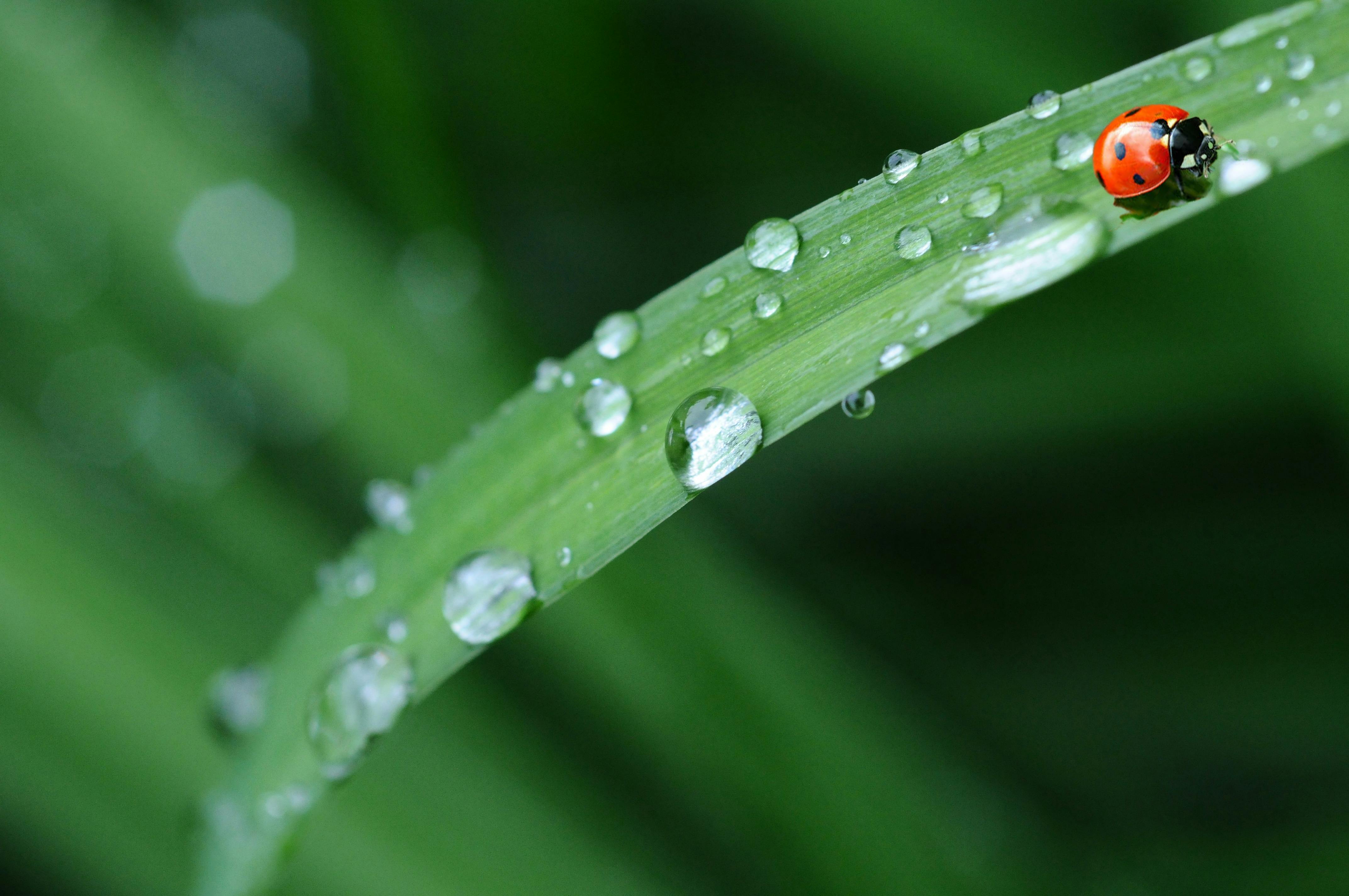Spring water is a naturally occurring form of water that is found in underground aquifers. It is characterized by its purity and taste, as it is filtered through rocks and sand to remove impurities. Spring water can also be distilled, which is a process of heating the water to its boiling point and then cooling it back down to room temperature, leaving behind any contaminants. Distilled spring water has many benefits, including its purity and lack of minerals, so it can be used for drinking, cooking, and other purposes.Distilled water is water that has been boiled and evaporated away from impurities and minerals. The vapor that is created is then condensed back into a liquid, resulting in pure water. Distilled water does not contain any of the minerals, salts, or other particles that are found in tap water and other sources of drinking water. It is often used in laboratories and medical facilities as it is free from bacteria and other contaminants that can interfere with experiments and treatments.
What Is Spring Water?
Spring water is a type of natural water that comes from an underground source and flows to the surface of the earth. It is usually collected from a spring, which is a naturally occurring pool of water formed by an aquifer, or underground river. Spring water is often considered to be some of the purest drinking water available, as it is not exposed to pollutants like chemical fertilizers and pesticides. It is also usually rich in minerals, including calcium, magnesium, potassium and sodium, which can be beneficial for health. Spring water is often bottled and sold as a premium drinking water option. It can also be used for cooking and other household uses.
How Is Spring Water Treated?
Spring water is naturally collected from underground sources and is often considered to be one of the purest forms of water available. However, it still needs to be treated before it can be used for drinking and other purposes. The treatment process typically includes filtration and disinfection to remove any potential contaminants. Filtration removes solid particles, such as sediment or other debris, from the water and can include processes like sand filtration, cartridge filtration, or reverse osmosis. Disinfection kills any bacteria or viruses that may be present in the water by using chlorine, ultraviolet light, or ozone. After treatment, spring water is tested for safety and quality before it can be used for drinking and other purposes.
Spring water is also often tested for minerals like calcium and magnesium to ensure its health benefits are maintained during the treatment process. This testing helps to ensure that the spring water retains its natural properties and flavor while still being safe for consumption. In some cases, spring water may also be treated with additional minerals like sodium or potassium to improve its flavor or provide additional health benefits.
Benefits of Drinking Spring Water
Drinking spring water has many health benefits for the human body. Spring water is naturally sourced from an underground aquifer, meaning that it is essentially untouched by humans and free from any contamination or pollutants. As a result, spring water is often seen as being healthier than tap water, which can contain chemicals such as chlorine. Spring water also tends to have a higher pH level than tap water, making it more alkaline and better for your body’s natural balance.
In terms of its taste, many people find that spring water has a much fresher and cleaner flavour than tap water. This can be beneficial for those who don’t enjoy the taste of tap water or who are looking to improve their overall drinking experience. Spring water can also help to hydrate the body more effectively than tap water as its mineral content helps it to be absorbed more quickly into the body.
Lastly, spring water is thought to provide many essential minerals and nutrients that are beneficial for overall health. These include magnesium, calcium and potassium, all of which are important for proper functioning of the body’s systems. Additionally, some types of spring waters may even contain trace amounts of iron and other minerals which can help to boost the immune system and improve overall health.
Does Spring Water Contain Minerals?
Yes, spring water contains minerals. These minerals are important for the body to function properly, as they help maintain proper levels of electrolytes and hydration in the body. Minerals are also essential for helping to build strong bones and teeth.
Spring water typically contains a variety of minerals including calcium, magnesium, sodium, and potassium. These minerals are naturally occurring in the environment and are absorbed by plants as they filter through the soil. Once the water passes through these plants, it is then collected from springs where it is bottled and sold as spring water.
The amount of minerals found in spring water can vary depending on various factors such as the source of the spring, its proximity to a mineral rich area or rock formation, or even how long it has been exposed to air and sunlight. The mineral content of spring water is usually higher than that found in tap water since there are no chemical additives that can dilute or filter out some of these valuable elements.
Spring water is also known for its high quality taste due to its natural mineral content. People who drink regularly from natural springs often report that they feel refreshed after drinking the water due to its unique taste profile and mineral content.
Overall, spring water is an ideal choice for those seeking a refreshing beverage that is naturally rich in essential minerals necessary for proper health and hydration.

Distilled and Spring Water
Distilled water and spring water are two types of drinking water that have different sources, characteristics, and uses. Distilled water is created by boiling water to evaporate it and collecting the steam, which is then condensed into liquid form. This process eliminates minerals, bacteria, and other particles that are suspended in the liquid. Spring water is sourced from underground aquifers and springs. It contains naturally occurring minerals such as calcium, magnesium, and sodium that are beneficial for health.
When it comes to taste, distilled water has a flat taste as it has had all its minerals removed. Spring water on the other hand has a more pleasant taste as it still contains naturally occurring minerals. In terms of health benefits, distilled water may not provide any health benefits because it lacks essential minerals. On the other hand, spring water is rich in essential minerals that can help improve health.
In terms of usage, distilled water is most often used in medical settings or for industrial processes that require purified water such as cooling systems or even automobile engines. Spring water is also used in medical settings but is more commonly consumed by people looking to improve their overall health due to its mineral content.
In conclusion, distilled and spring waters have different sources and characteristics which make them suitable for different applications. Distilled water is generally used for industrial purposes or medical applications while spring water can be consumed for its mineral content or used in medical settings.
Is Distilled Water Safe for Drinking?
Distilled water is water that has been boiled, evaporated and condensed back into liquid form. It is widely used for drinking, cooking and other purposes. While it is widely considered to be safe for drinking, there are some potential health concerns related to its use.
The main benefit of using distilled water is that it does not contain any minerals or other impurities. This makes it a great choice for those who wish to avoid any potential contaminants in their drinking water. However, some people may be sensitive to the lack of minerals present in distilled water, which can lead to health problems such as dehydration and electrolyte imbalance.
Another potential concern with distilled water is that it can leach metals from pipes or containers if it comes into contact with them for an extended period of time. This could increase the amount of toxins and impurities in the water, making it potentially unsafe for consumption. It is best to use a food-grade container made from stainless steel or glass rather than plastic when storing or transporting distilled water.
In general, distilled water is considered safe for drinking if it comes from a reliable source and has been filtered properly. However, if you are concerned about any potential contaminants in your drinking water, you should consider purchasing bottled spring or mineral waters instead. These types of waters will provide essential minerals and nutrients that cannot be found in distilled water.
Does the Source of Spring Water Affect Its Quality?
The quality of spring water depends on its source. Spring water is naturally sourced from underground aquifers, which are made up of permeable rocks and sediment that allow water to pass through. The source of spring water can be a variety of places, such as limestone caves, natural springs, or even man-made wells. Each source has its own unique characteristics that can affect the quality of the water.
For instance, if the spring originates in a limestone cave, the water will likely have a higher mineral content due to the porous nature of limestone and its ability to absorb minerals from the surrounding rock. This can lead to a higher pH level and mineral content in the spring water.
On the other hand, if the source is a natural spring or man-made well, these sources typically yield lower mineral content due to less interaction with rock surfaces and less absorption of minerals. The result is typically a lower pH level and mineral content in this type of spring water.
In addition to the source, other factors can also influence spring water quality. Human activities such as farming and urbanization can introduce pollutants into an aquifer which may then contaminate the groundwater supply used for spring water extraction. Additionally, weather patterns like heavy rainfall or flooding can cause runoff from nearby sources such as agricultural fields or landfills to enter an aquifer and contaminate it with unwanted substances like pesticides or fertilizers.
Overall, it is important to consider both the source and any potential contaminants when evaluating spring water quality. Knowing where your spring water comes from can help you make informed decisions about drinking it or using it for other purposes. Additionally, monitoring your local environment for potential sources of pollution can help ensure that your spring water remains safe for consumption.

Conclusion
Spring water is a great source of clean, healthy drinking water. It is naturally filtered and purified by nature and contains essential minerals that are beneficial to our health. Distilling spring water can further purify the water, removing any harmful bacteria or contaminants. This further makes it an ideal choice for those looking for clean, healthy drinking water. Spring water distilled can also be used to make beverages, such as coffee and tea, as well as other drinks like soups and smoothies. In conclusion, spring water distilled is an excellent choice for those seeking a healthy-drinking option.
It is important to note that not all spring water is of the same quality, so be sure to research the source of your spring water before making a purchase. The quality of the distillation process should also be taken into consideration when deciding which spring-water products to buy. Ultimately, however, distilled spring water can provide a safe and clean drinking experience when done properly.

